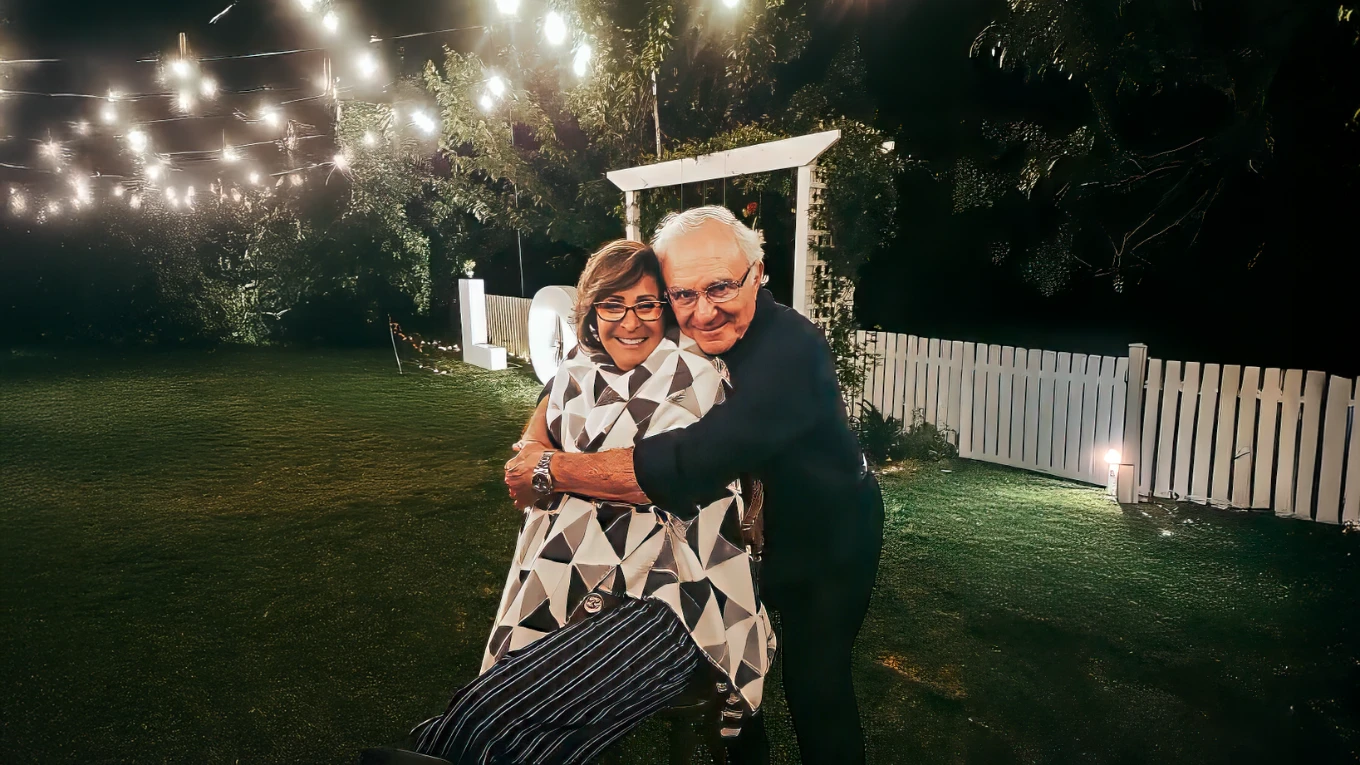At 90 years old, Zelik (Zel) Bocknek remains active and engaged in life despite being diagnosed with Alzheimer’s six years ago. Initially, Bocknek experienced mild memory lapses, such as forgetting the day of the week, which led to his diagnosis of mild cognitive impairment due to Alzheimer’s. However, rather than slowing down, Bocknek has embraced a busy lifestyle, which he believes has helped him manage his symptoms and maintain his independence. He continues to enjoy activities like downhill skiing, painting, volunteering, and working out at the gym to stay in top form.
Bocknek’s commitment to staying physically and mentally active has been key to his well-being. He regularly exercises through strength training and stretching classes, which helps him remain in prime condition for skiing. Additionally, he has developed a passion for painting, now completing complex works of art for his grandchildren after starting with paint-by-number projects. Beyond physical and creative pursuits, Bocknek volunteers as a greeter at the Toronto Zoo, contributes at a local hospital, and plays bridge with various groups during the week.

Experts agree that staying active, both physically and mentally, can help slow the progression of Alzheimer’s. Dr. Gail Saltz, an associate professor of psychiatry, explains that physical activity improves blood flow to the brain, which helps preserve cognitive function and mood. While exercise may not stop Alzheimer’s from progressing, it can delay the cognitive effects and improve overall physical health, which is vital for maintaining independence. Moreover, physical activity can help Alzheimer’s patients sleep better and reduce behaviors like nighttime wandering, a common issue due to disruptions in circadian rhythms.
In addition to physical activity, maintaining social connections is crucial for slowing dementia-related decline. Socializing and engaging in mentally stimulating activities can help prevent cognitive decline. Sherri Snelling, a gerontologist, highlights the importance of keeping Alzheimer’s patients socially active, suggesting activities like yoga, tai chi, swimming, or even making music, as these can have a positive impact on cognitive function and emotional well-being. Being active outdoors in the sunshine can also help improve mood and reduce agitation, especially in the late afternoon when symptoms like paranoia and confusion can increase.
Bocknek encourages others who may be experiencing memory issues to seek a diagnosis early. Despite his condition, he remains positive, choosing not to worry about worsening symptoms. His message is clear: staying active and engaged, maintaining a sense of humor, and accepting help when needed can make a significant difference in living well with Alzheimer’s. As Alzheimer’s cases are projected to rise significantly in the coming years, Bocknek’s story serves as an inspiring reminder of how a proactive and fulfilling lifestyle can help manage the disease and improve quality of life.
